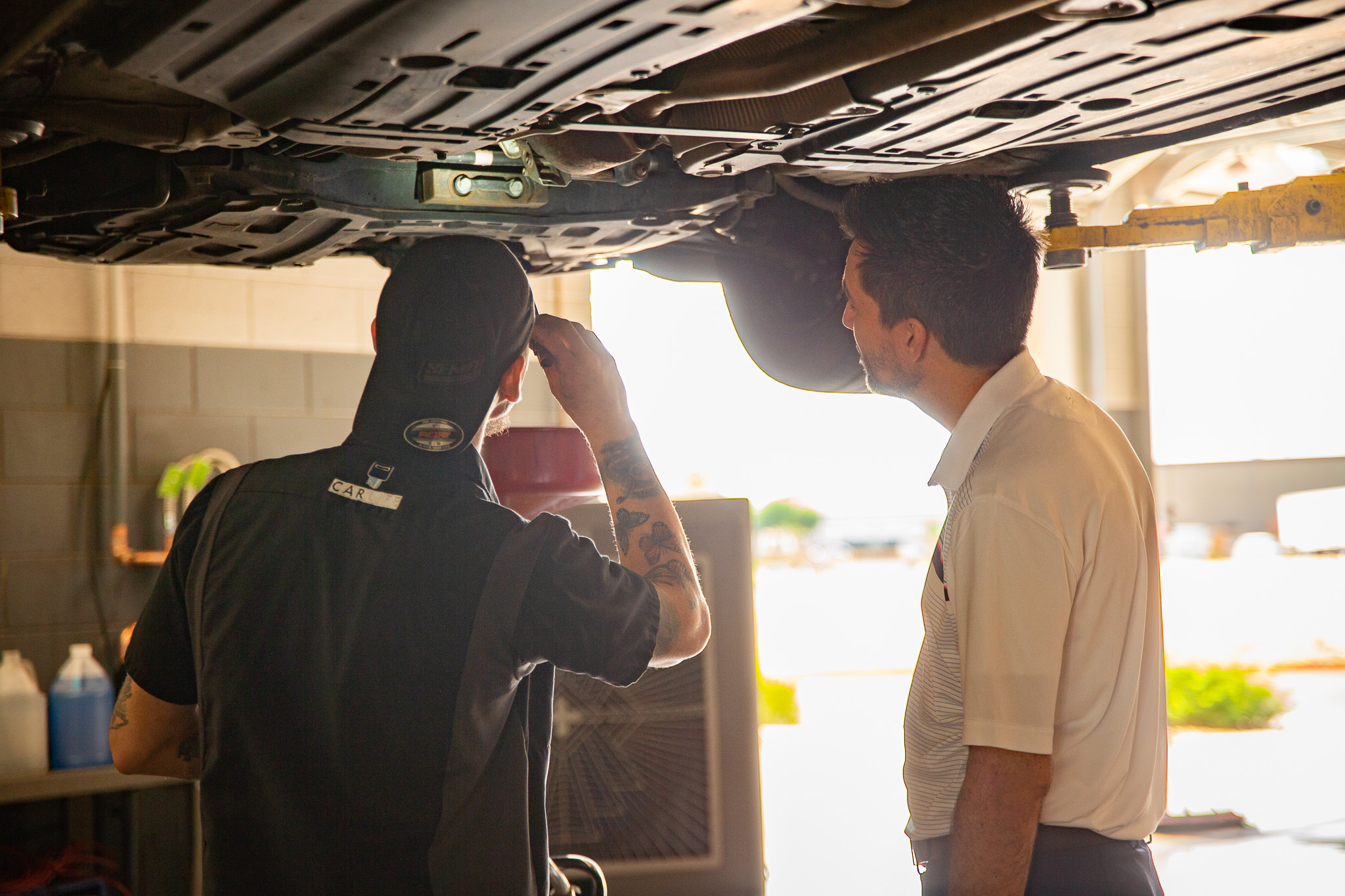🔧 What It Is:
A PCV valve routes gases back into the engine to burn more efficiently. It helps reduce emissions and keeps your engine running smooth.
🚗 Why It Matters:
- A stuck PCV valve can cause oil leaks
- Poor fuel economy and performance
- Rough idle or engine hesitation
⚠️ Signs You May Need Replacement:
- Oil leaks or oil consumption
- Engine running rough or surging
- Check engine light
- Decreased MPG
🛠️ What We Do at CarLife:
- Inspect and replace the PCV valve
- Clean or replace hoses if needed
- Check related systems like the air intake and vacuum lines
Want to keep your vehicle a healthier space? Read our guide: How to Keep Your Vehicle a Healthy Space.
📍We service most domestic, import, and performance models in Scottsdale and Gilbert
Frequently Asked Questions:
What does a PCV valve do?
The PCV (Positive Crankcase Ventilation) valve helps your engine breathe properly by redirecting gases from the crankcase back into the intake system. It reduces pressure, prevents sludge, and cuts down on emissions.
What are the symptoms of a bad PCV valve?
Signs include oil leaks, rough idling, check engine light, poor fuel economy, or increased exhaust smoke.
How often should I replace my PCV valve?
Most PCV valves should be inspected every 30,000 miles and replaced as needed. Some modern vehicles use PCV systems built into valve covers, which require inspection during regular service intervals.
Can a bad PCV valve damage my engine?
Yes. Ignoring PCV valve issues can cause sludge buildup, gasket failure, increased oil consumption, or even major engine damage over time.
Can I replace my PCV valve myself?
Some are simple to replace, while others are more complex. At CarLife Auto Repair, we inspect the entire system (hoses, valve, and related parts) to ensure proper operation and long-term reliability.








